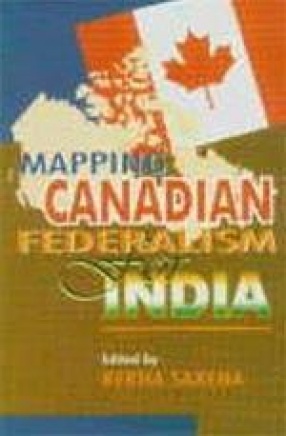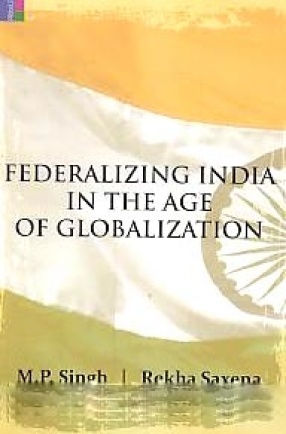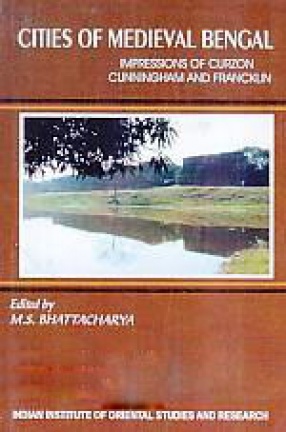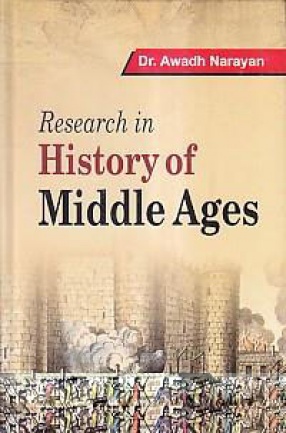Canada was the first nation in the British Commonwealth to have combined parliamentary and federal principles of government in 1867. India was the first nation in the Afro-Asian World to have attempted the same in 1950. The noted Canadian expert of comparative federalism, Ronald Watts, classifies both these political systems as what he calls "parliamentary federal systems". Though situated on the other sides of the globe and at different levels of economic development, Canada and India are similar in social and regional diversities and disparities, nature of the constitution, spectrum of political ideologies and party systems. This anthology of papers by some leading political scientists in Canada and India, including one from Germany, perceptively analyses the Canadian federal experience in its major dimensions. At least some papers are broadly comparative, bringing in their purview aspects of federalism in some other federal polities like Switzerland, India and Germany. Besides, the editor has also specifically tried to map the Canadian federal experience with a view to its relevance for India. Like Canada earlier, India too has been gradually becoming more federal despite its constitution, in particular towards the end of the 1980s. In addition to increasing politicization of the Indian society, the transformation of the party system and judicial activism have played an important role in the process, to say nothing of economic liberalization especially since 1991. This book would be of interest to comparativists, Indianists and Canadianists as well as to the general reading public.
Mapping Canadian Federalism for India
In stock
Free & Quick Delivery Worldwide
Bibliographic information
Title
Mapping Canadian Federalism for India
Author
Edition
1st Ed.
Publisher
ISBN
8122006361
Length
xvi+474p., Tables
Subjects








There are no reviews yet.